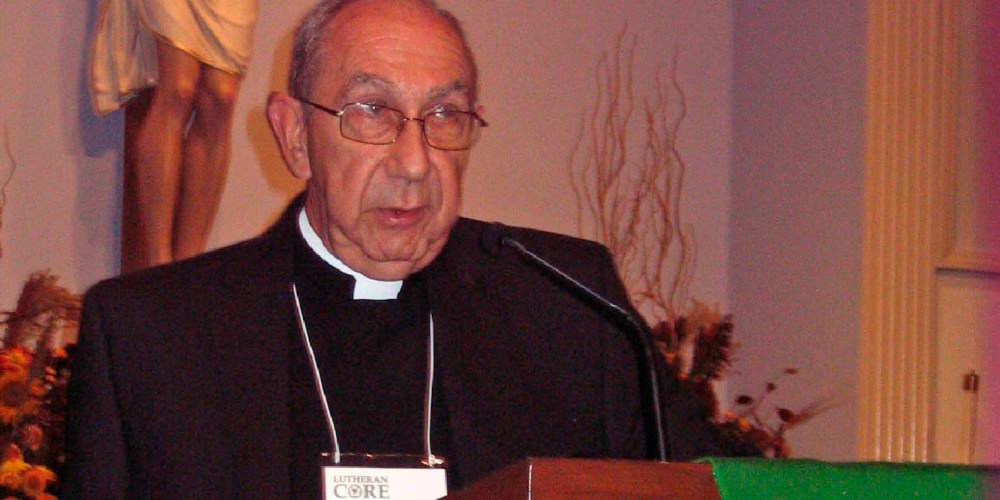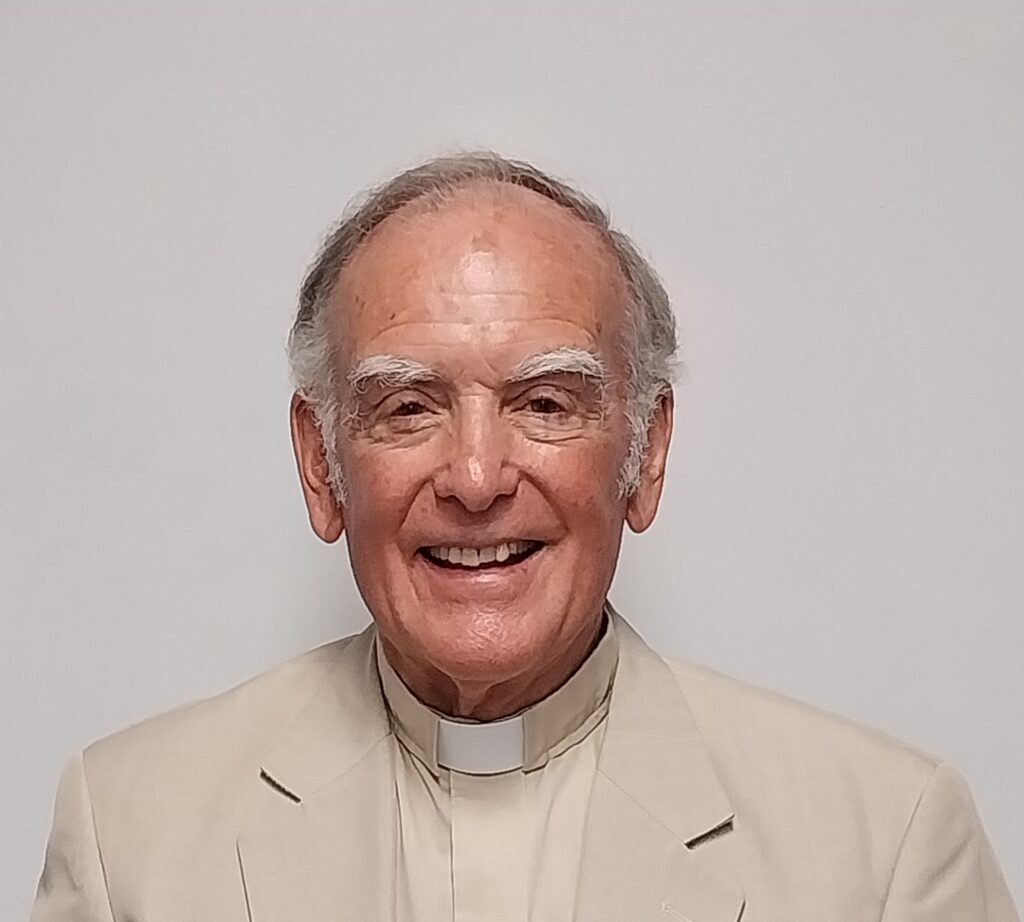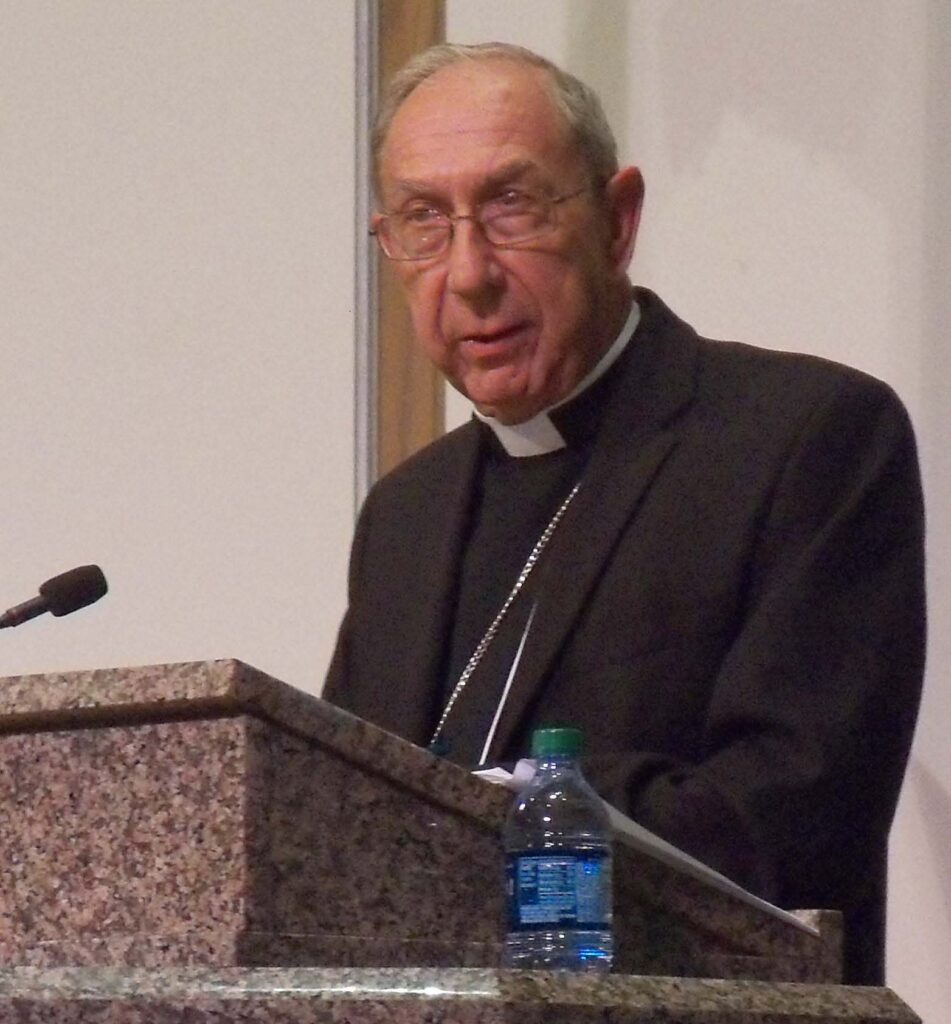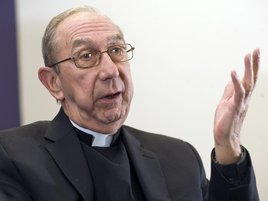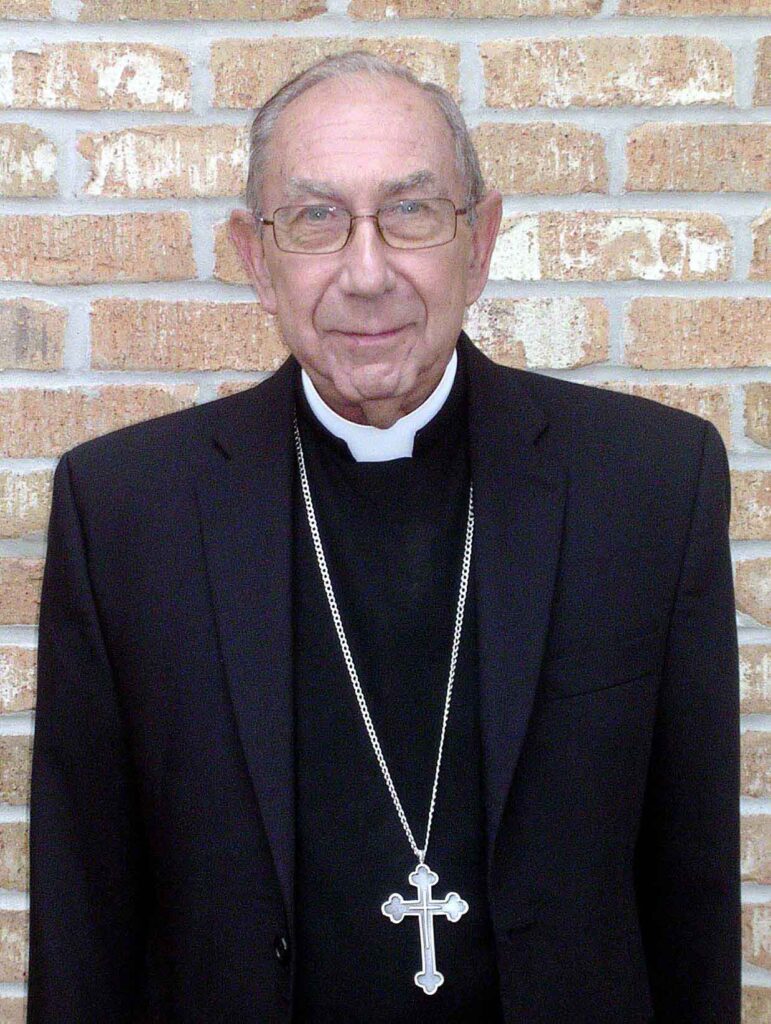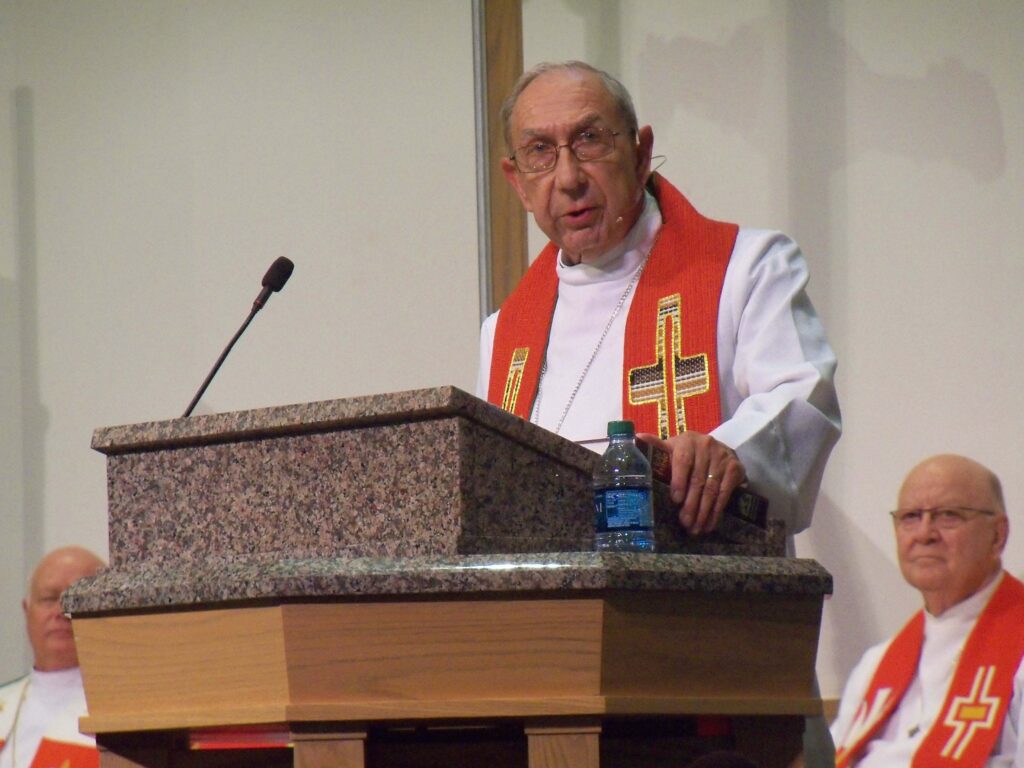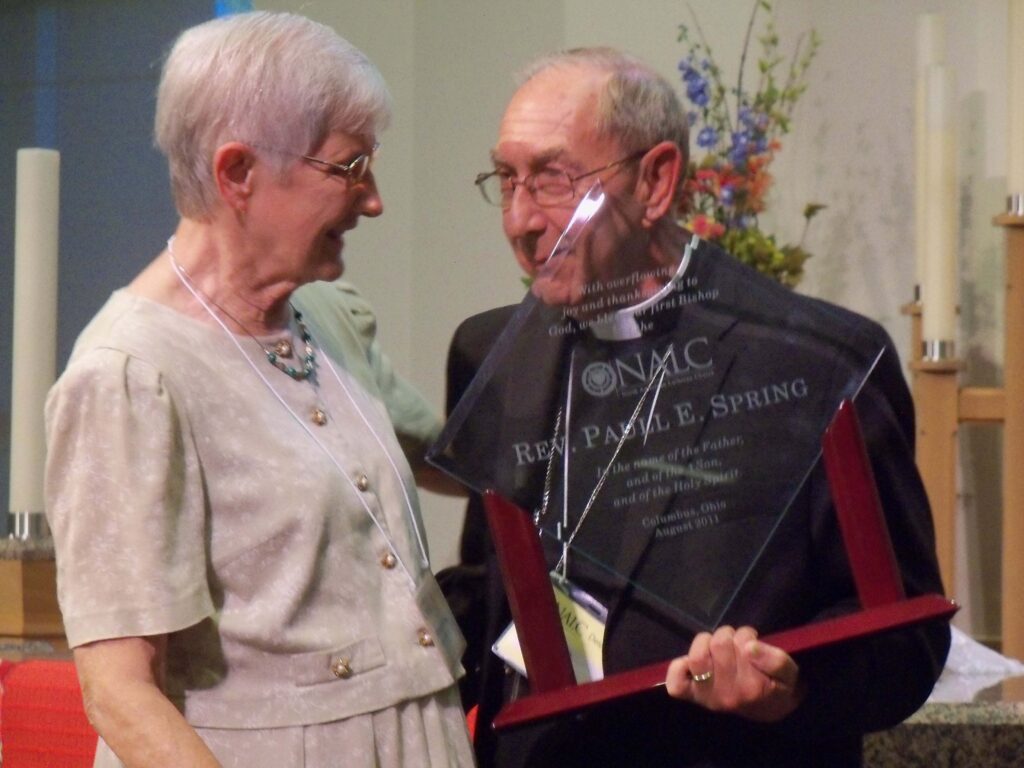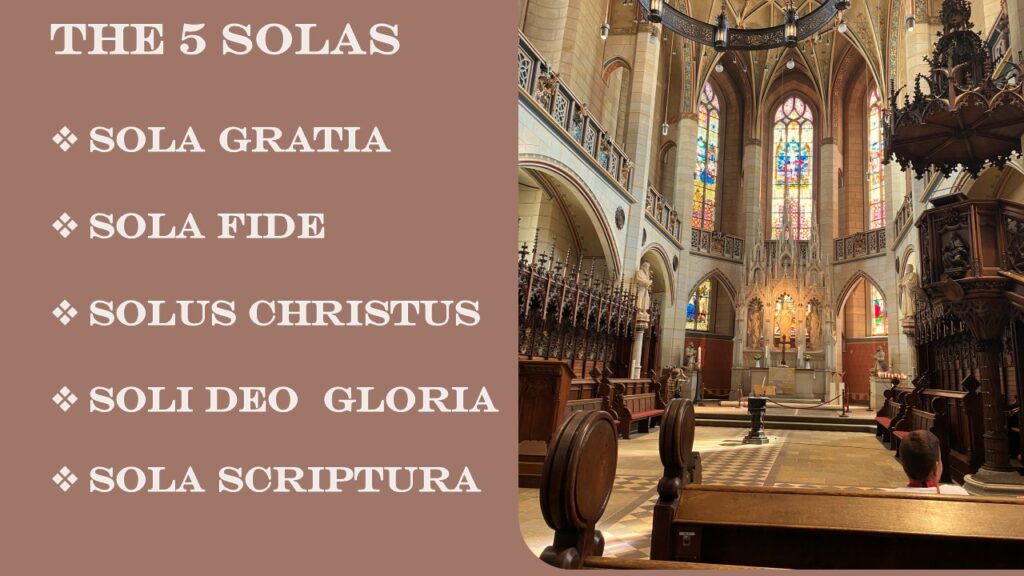D.E. Incurvatus In Sei: Navel Gazing and the Narcissist

No man is an island,
Entire of itself.
Each is a piece of the continent,
A part of the main.
If a clod be washed away by the sea,
Europe is the less.
As well as if a promontory were.
As well as if a manor of thine own
Or of thine friend's were.
Each man's death diminishes me,
For I am involved in mankind.
Therefore, send not to know
For whom the bell tolls,
It tolls for thee. –John Donne
I remember reading and discussing this poem during my freshman year of college at a Lutheran university. The professor, and many of us students, lauded Donne’s insight into our connectedness. But as time has passed, and, hopefully, as wisdom has grown, I now look at this poem differently.
As someone who has conducted many funerals (which Donne is referencing with the tolling bells), I can confidently say that the bell is not tolling for me. It is tolling for the deceased person, and to somehow try to include myself in that tolling is nothing less than diminishing the life and memory of the person for whom the bell tolls. To put it into another manner, I do not attend a funeral to grieve myself; I am not the center of attention.
Interestingly enough, Donne is trying to convey that point in this poem, but he actually concludes with the very thing he wishes to avoid: self-centeredness.
As I contemplate the ELCA’s continued foray into Diversity, Equity, Inclusion, and Accessibility (DEIA) initiatives, I believe the results are the same. There is a good intention to bring about a church that reflects the world and the communities in which churches reside, but the end result is simply self-centeredness; self-focus; an inward turning of the heart (incurvatus in sei).
To steelman the DEIA argument: in theory, DEIA initiatives will help the church become more diverse in parallel with the communities around. In theory, the church will first look outside, observe the diverse nature of individuals in its community, look inward to see what the church looks like, and then strive to make the inside of the church look like the outside of the church. The pathway to this is to place as many individuals of “under-represented groups” in as many positions of leadership and power as possible. With more of these individuals in places where they are seen, churches will draw others from their communities until the church’s demographics match the community’s demographics.
That’s how it’s supposed to work. But the question is: how does it actually work?
I’ve been in the ordained ministry for 25 years, and I still remember the ELCA’s inception in the late 80s. I remember how excited some in the church were because we had placed a mandate on ourselves to become more diverse—to have at least 10% of our membership be people of “under-represented groups”, although the terminology certainly was different back then. The national church plucked as many leaders as possible from “under-represented groups” and placed them in positions of leadership and power. Although it was not called such, we have had almost 40 years of DEIA initiatives in practice.
And the results have been? Well, we are still right around where we were back then as far as membership demographic is concerned. And we are still looking at ourselves and bemoaning the fact that we look nothing like the rest of the country. We have not become outwardly focused at all; in fact, we are constantly looking inward and taking stock of what we look like. Narcissus did exactly that when he kept looking in the mirrored pool until he died. And since the ELCA’s membership is less than half of what it was in its inception, arguably we are doing the same exact thing Narcissus did. In short: nearly 40 years of DEIA has been a miserable failure. Good intentions have produced awful results. There is a desperate need to change focus.
There are multiple ways to change focus to get the ELCA out of this inward focused reality, but I would like to name two. First: a reorientation towards the Gospel of Grace. God’s justification of undeserving sinners by grace through the life, death, and resurrection of Jesus Christ changes a heart from inward to outward focused. It brings about a death of self so that one lives for God and then for neighbor. Then, living that life leads one to become Great Commissioned focused to reach out to anyone and everyone with the Gospel. I have personally seen and experienced many non-denominational and Pentecostal churches do exactly this, and their diversity far, far exceeds the ELCA’s. (When I pointed this out to my bishop, she didn’t exactly have much to say.)
Which brings me to my second point: changing our view of the church so that we are not simply defining ourselves by individual congregations or individual denominations. We need to understand the church in its universal sense. While our individual congregations (or denominations) may not look representative of the society, the Church catholic does. There needs to be no existential angst at the fact that we are not representative of the entire society—in fact, I am sure the African Methodist Episcopal Church (and others) are losing no sleep over not having enough white members in their midst. We can serve God and seek the lost as best as we can knowing that integrative change comes very, very slowly.
We know that institutions that look inward die. That is an established fact. We’ve actually been trying DEIA for a very long time. It hasn’t worked. It has only led us to look inward. It’s time to stop navel gazing and instead actually reform. Perhaps one day, we in the ELCA will actually add the rest of the clause to semper reformanda. Secundum. Verbum. Dei. Great Commission focused churches that adhere to the Word of God will see much quicker demographic transformation than those caught up in the DEIA disaster.

